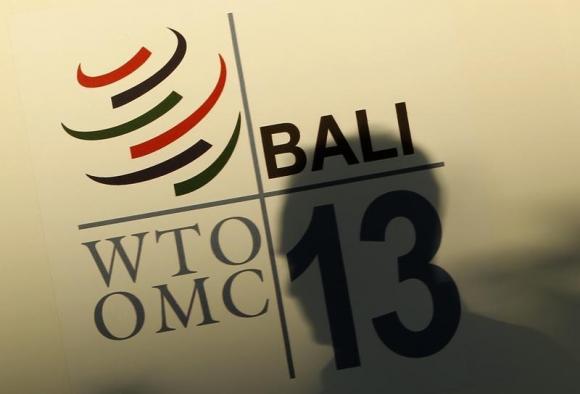 aid the government would not block the world's first global trade deal over lack of progress on food subsidy talks, clarifying New Delhi's stance after an earlier threat to derail the deal.
aid the government would not block the world's first global trade deal over lack of progress on food subsidy talks, clarifying New Delhi's stance after an earlier threat to derail the deal.The deal struck in December in Bali to lower trade barriers was the World Trade Organization's first global agreement since it was created in 1995 and revived global talks after the failure of the Doha round.
Member countries are due to sign a protocol that is a step towards implementation by July 31.
But India has criticised the pact for putting trade facilitation ahead of a compromise on agricultural subsidies, a crucial issue for a country that stockpiles food for its poor.
The disagreement over subsidies has raised fears that India would not ratify the pact reached in Bali, derailing the latest effort to free up to $1 trillion in global trade flows.
Trade Secretary Rajeev Kher told reporters progress on food stockpiling was not a condition for signing the protocol, but reiterated India's position that its concerns on food stock piles should be addressed along with trade facilitation."We are not saying there should be no deal. We are simply asking them to address our concerns," Kher said.
Kher said India wanted talks on food security to progress at the same pace as trade facilitiation.
Nirmala Sitharaman, the country's commerce minister, last week told the Financial Times that India would not back that protocol as it was unhappy with the progress of talks on food security that ministers also committed to in Bali.
New Delhi had agreed to back the pact on a promise that its concerns related to food subsidies would be addressed.
While it wants a permanent exemption from the WTO rules, the trade deal has set 2017 as the deadline for recommending a permanent solution pertaining to food security.





